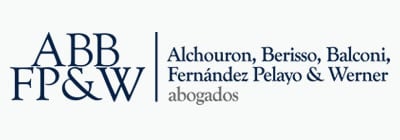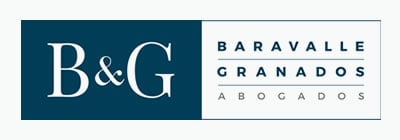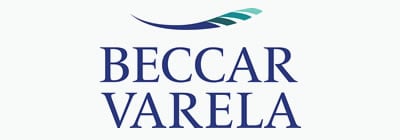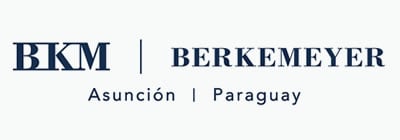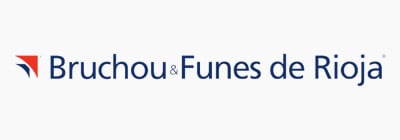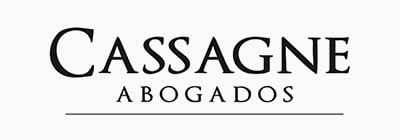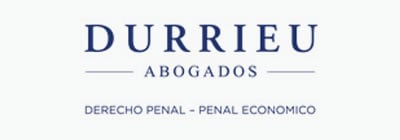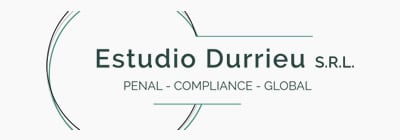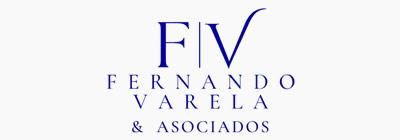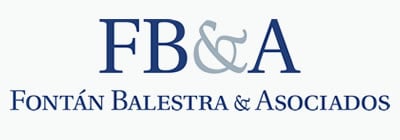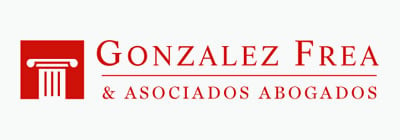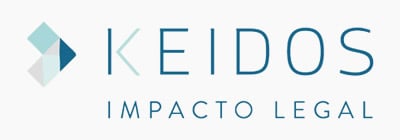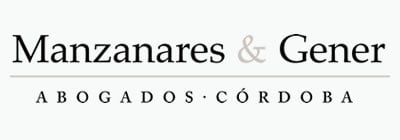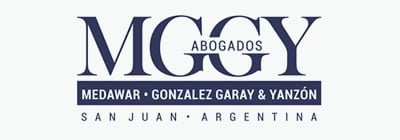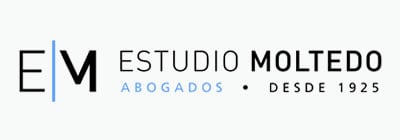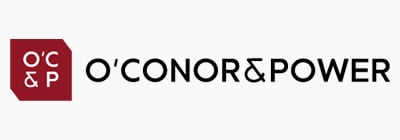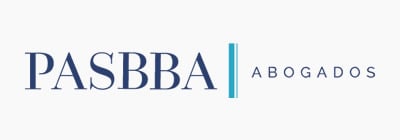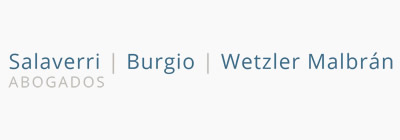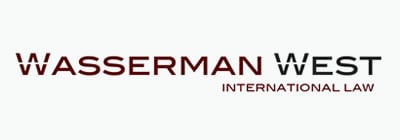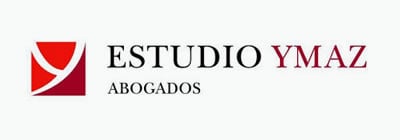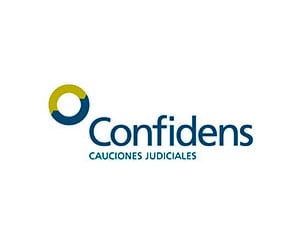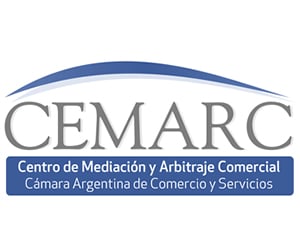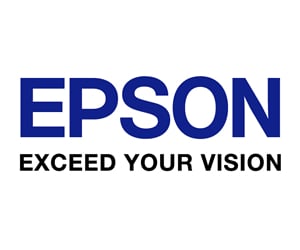In 2012, management unease and indecision fueled by uncertainty reached an all-time high in companies and law firms. In-house counsel worldwide worried about not meeting demand, while outside lawyers lamented over supply. General counsel say everyone wants a lawyer on hand these days, but with territories and complexity growing as budgets shrink, something's got to give.
These "do's" are for firms with international offices, and firms with hopes of serving domestic clients internationally and foreign clients at home.
First, inhabit your client's world; they want you there. While they'll proceed with or without you, they'd like to have their preferred firms at their side. Unfortunately many of you are simply not involved enough in their world. Their focus is not just the legal part -- it's how legal advice is sourced and delivered in the company.
Make time to talk with clients and find out exactly what their in-house legal teams are up to. Schedule a meeting at their offices. Explain that you want to make sure your firm understands their priorities and goals as you support them in the coming year, and they'll likely be happy to talk. After this conversation, figure out a few specific ways that your firm can help. Typically clients don't know how you can help, so you must be proactive with specific ideas and recommendations.
For example, if their focus is to better manage resources to cover growing demand, you could help them better identify and prioritize risks. Your key practices working in the client's industry could review their "risk list," and suggest ones they see other clients facing that may not yet be on their radar. Or you may want to present to them a few ways that your firm has helped other clients that are also working to improve resource management.
Next, build project management tools, including financial accounting ones. Your clients want more certainty. Clients still love what you do for them, but many want to manage smarter so they can use you less. To nourish the relationship, your numbers must show you can deliver on your promises. Most of your firm's financial and account management exists to give you productivity and profitability info. What's in it for the client?
Your clients want to see how you will manage to deliver on budget and on time. You need a system that can help your lawyers and their clients track progress and resource use in relation to project scope and estimates. It must connect to financial accounting and billing. Without such a system, progress reporting will be time consuming and cumbersome, your lawyers will have little credibility, and your firm will be at greater risk of getting the alternative fee estimate wrong.
Third, use knowledge management and IT across borders to reinforce client relationships. In multipolar business, relationships between international law firms and corporate clients are inevitably multipersonal. Across the time zones, org structures, legal systems and compliance frameworks, trust is a network constructed with information and project continuity that supports good personal relationships.
The question is: Does your firm's infrastructure help your lawyers win and perform effectively across borders, making the world flatter so they can more easily bring the firm's strengths to clients? If you're not sure, another firm is likely doing it better.
Fourth, demonstrate international know-how. Your firm should provide specific and compelling proof of your knowledge of laws and regulations across the diverse places where your clients are selling, buying, sourcing or investing. It seems so basic, but global clients say their most pressing concern in high-growth markets is: understanding local and regional laws and regulations.
By E. Leigh Dance
Daily Business Review
Opinión
Casanova Abogados




